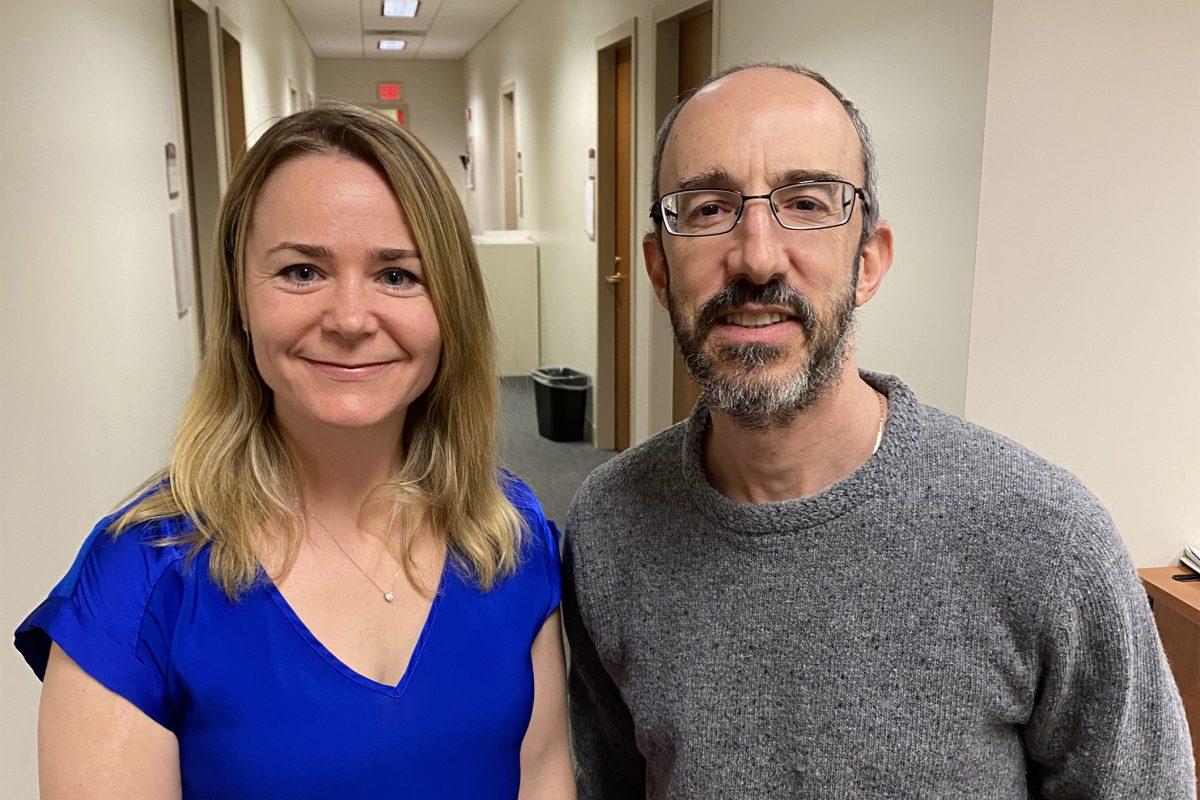Starting next semester, St. Joe’s will offer a new course designed to help students improve their financial literacy.
FIN 100, a pass/no penalty course, will be worth one credit and will meet once a week for 50 minutes. There are 150 spots available in the course, which is open to students of any major who want to learn the basics of investing, filing taxes and improving credit scores, among other topics.
Todd Erkis, visiting professor of finance, and Viktoriya Lantushenko, Ph.D., assistant professor of finance, will team-teach the course.
The class will be a hands-on learning experience for students and will cover everything that a graduate or soon-to-be graduate needs to know about personal finance, according to Erkis.
“Personal finance is just so important,” Erkis said. “A lot of people, when they get out on their own, they don’t have a trusted advisor or a parent or someone they could talk to. They’re really just flying solo.”
Erkis said the team-taught approach is intentional to give students different views on personal finance.
“I think the nice part about it is that students will get a really wide range of opinions and information in different perspectives,” Erkis said. “I think it’s going to be really important, and I’m looking forward to teaching so I can hear other perspectives as well.”
Members of the University Student Senate (USS) came up with the idea for FIN 100 and approached Erkis about the need for the course, Erkis said.
Milton O’Brien ’25, the Erivan K. Haub School of Business chair for USS, was not involved in those initial discussions which happened before he started at St. Joe’s, but he is now playing a big role in promoting the course. O’Brien said he thinks the course benefits St. Joe’s students regardless of their field of study.
“You don’t have to be a business student to take this class,” O’Brien said. “You will have to handle money once you get out of St. Joe’s. I just hope students realize that this is a great opportunity.”
A 2018 survey by EVERFI, an education technology company, found that college students lack knowledge of basic financial literacy. Out of the more than 100,000 incoming college students enrolled in more than 410 institutions across the U.S. who were surveyed, most of them could not answer simple financial literacy questions.
The problem for many students begins in high school, where few are required to take a personal finance course, according to a 2019 report by AIG Retirement Services and EVERFI. That has left colleges with the task of addressing the problem.
Lantushenko said she hopes students will understand the topics covered in the course, because students will need these skills at some point in their lives after graduation and later down the road.
“I always tell my students, ‘you will graduate, get jobs and then you will be looking at buying a house or taking out an auto loan,’” Lantushenko said. “All these basics would be covered in this course.”
Mitchell Shields ’22 contributed to this story.












































